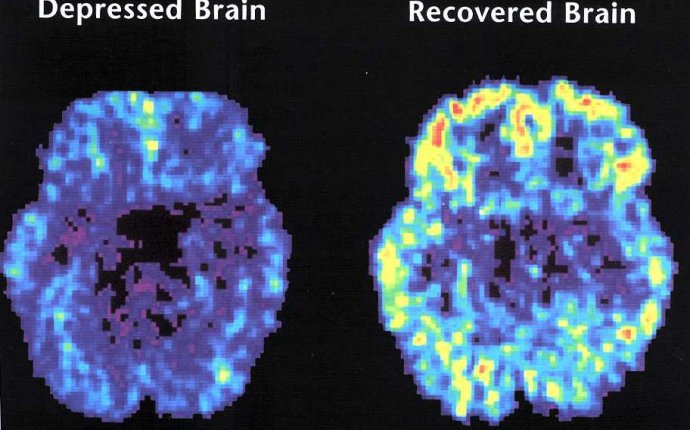
Disorder Causes
Symptoms of Social Anxiety Disorder
Social interaction may cause the following physical symptoms:
- blushing
- nausea
- excessive sweating
- trembling or shaking
- difficulty speaking
- dizziness or lightheadedness
- rapid heart rate
Psychological symptoms may include:
- worrying intensely about social situations
- worrying for days or weeks before an event
- avoiding social situations or trying to blend into the background if you must attend
- worrying about embarrassing yourself in a social situation
- worrying that other people will notice you are stressed or nervous
- needing alcohol to face a social situation
- missing school or work because of anxiety
It is normal to sometimes feel anxious. However, when you have social phobia, you have a constant fear of being judged by others or humiliated in front of them. You may avoid all social situations, including:
- asking a question
- job interviews
- shopping
- using public restrooms
- talking on the phone
- eating in public
Symptoms of social anxiety may not occur in all situations. You can have limited or selective anxiety. For example, symptoms may only occur when you’re eating in front of people or talking to strangers. Symptoms can occur in all social settings if you have an extreme case.
Causes
What Causes Social Anxiety Disorder?
The exact cause of social phobia is unknown. However, current research supports the idea that it is caused by a combination of environmental factors and genetics. Negative experiences also may contribute to this disorder, including:
- bullying
- family conflict
- sexual abuse
Physical abnormalities such as a serotonin imbalance may contribute to this condition. Serotonin is a chemical in the brain that helps regulate mood. An overactive amygdala (a structure in the brain that controls fear response and feelings or thoughts of anxiety) may also cause these disorders.
Anxiety disorders can run in families. However, researchers aren’t sure if they’re actually linked to genetic factors. For example, a child might develop an anxiety disorder by learning the behavior of one of their parents who has an anxiety disorder. Children can also develop anxiety disorders as a result of being raised in controlling or overprotective environments.
Diagnosis
Diagnosing Social Anxiety Disorder
There is no medical test to check for social anxiety disorder. Your healthcare provider will diagnose social phobia from a description of your symptoms. They can also diagnose social phobia after examining certain behavioral patterns.
During your appointment, your healthcare provider will ask you to explain your symptoms. They will also ask you to talk about situations that cause your symptoms. The criteria for social anxiety disorder includes:
- a constant fear of social situations due to fear of humiliation or embarrassment
- feeling anxious or panicky before a social interaction
- a realization that your fears are unreasonable
- anxiety that disrupts daily living
Treatment
Treatment for Social Anxiety Disorder
Several types of treatment are available for social anxiety disorder. Treatment results differ from person to person. Some people only need one type of treatment. However, others may require more than one. Your healthcare provider may refer you to a mental health provider for treatment. Sometimes, primary care providers may suggest medication to treat symptoms.









